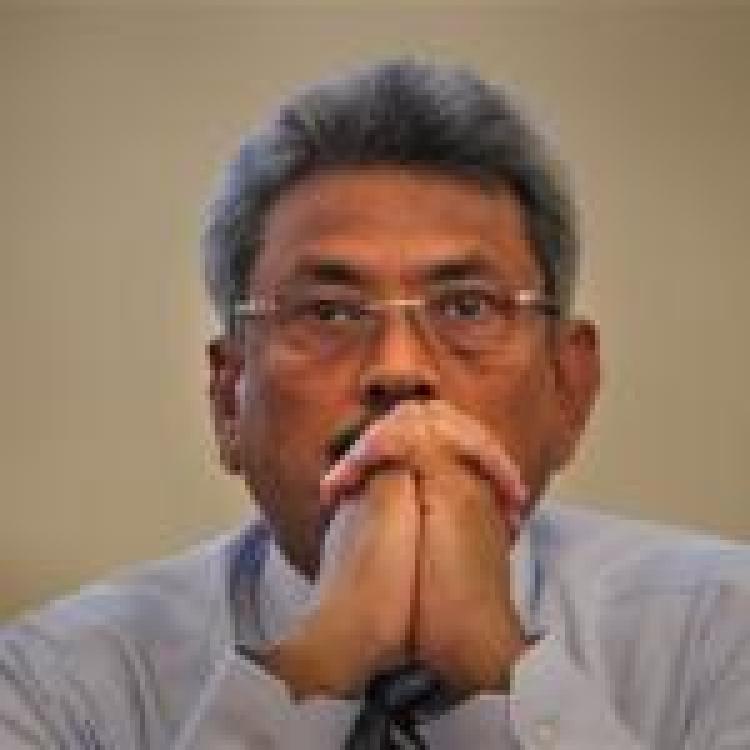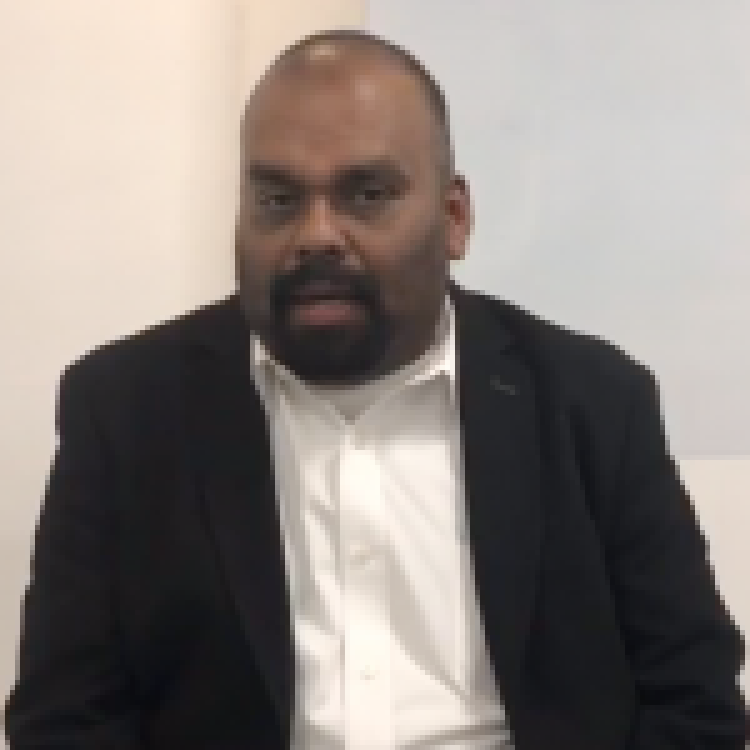
A new report from the International Truth and Justice Project (ITJP) has identified at least 58 alleged torturers in the Terrorism Investigation Division (TID) of the Sri Lankan police, including those who personally participated in violence and those who bear command responsibility.
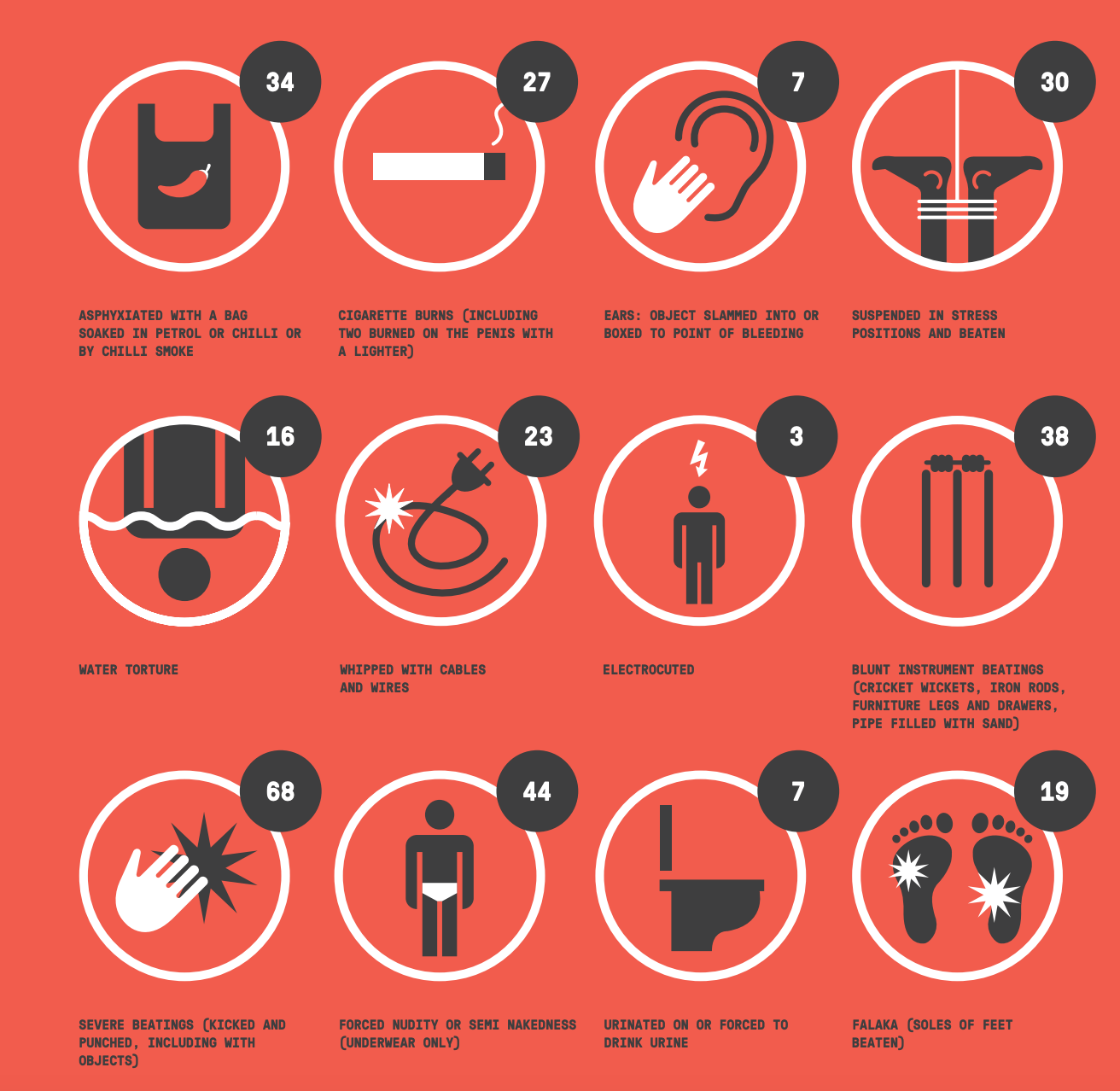
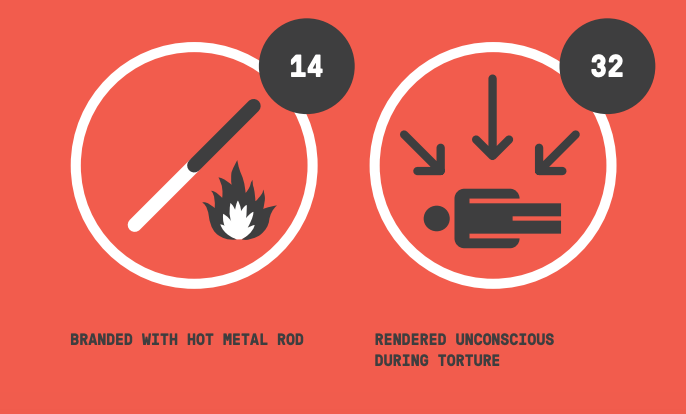
The report, based on the testimony of 73 survivors of torture, interviewed in five different countries, provides grisly and detailed evidence into the tactics of one of Sri Lanka’s most notorious branches of the security forces.
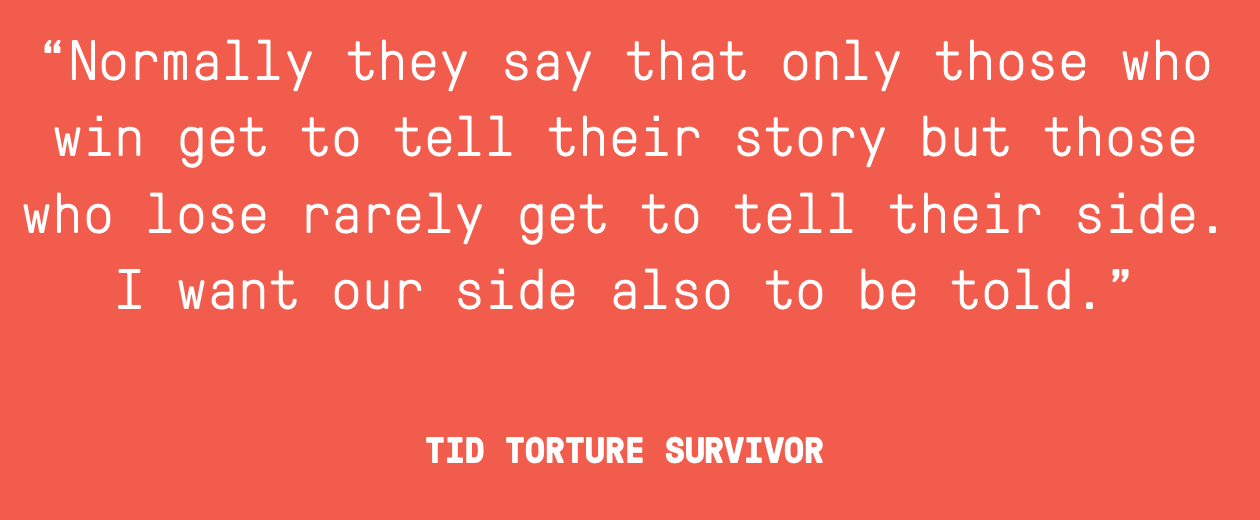
“These survivors have experienced the most brutal torture imaginable – including in many cases rape and other forms of sexual violence,” said the ITJP.
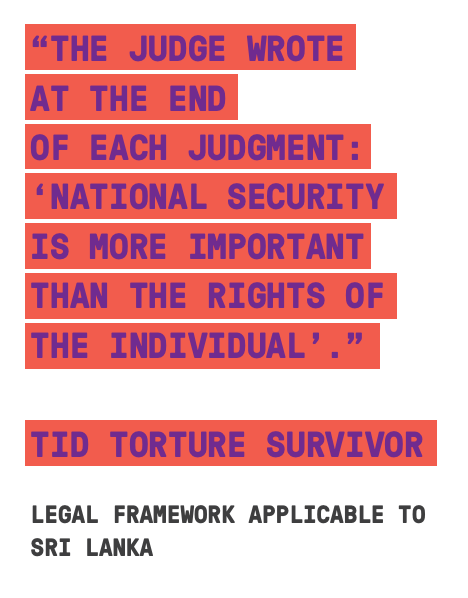
“It is of great concern that several key TID officials alleged by victims to be responsible for their torture remain in senior positions in the police force. They have continued to be rewarded even under the Sirisena government, illustrating that the promised security sector reform has been illusory.”
“What is most shocking is that the then UN Special Rapporteur on Torture, Manfred Nowak, named several of the same alleged perpetrators of torture in TID when he visited Sri Lanka in 2007 – and not one was investigated or prosecuted,” the organisation added. “Instead many were subsequently promoted.”
The Sri Lankan police have received a large amount of international training the report stated, highlighting that the United Kingdom has “been at the forefront of interactions with the Sri Lankan police, along with the United States of America, Australia, Switzerland, Norway, Sweden, India and the UN.”
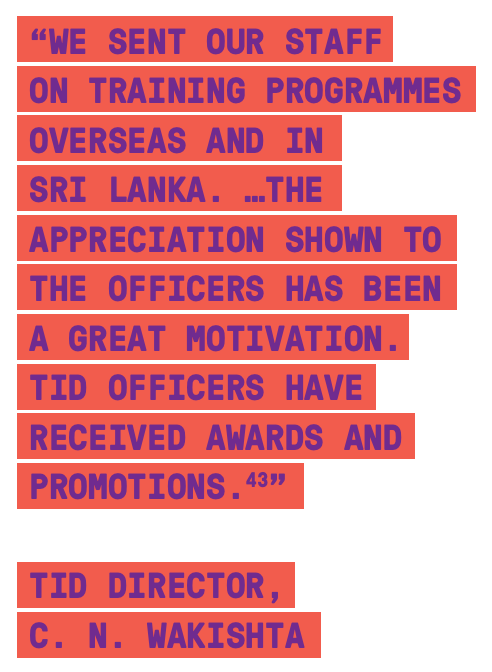
Yet the report noted that despite this “annual human rights reporting by the UK Foreign & Commonwealth Ofice (UK FCO) has not indicated a major reduction in torture in the decade after the war despite continued international engagement with the Sri Lankan police”.
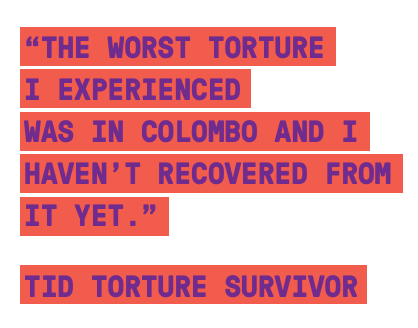
“This entire police unit is mired in systematic violence from top to bottom and it is impossible for anyone to have served in TID premises in Colombo and Boossa without becoming complicit in torture,” said ITJP.
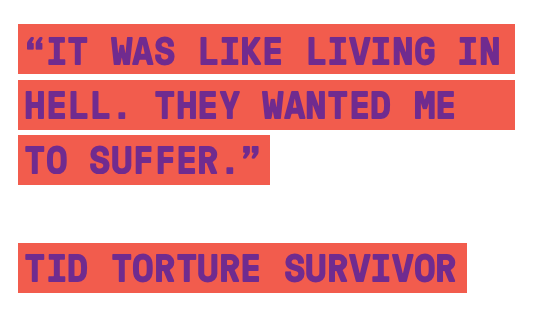
“Sri Lanka illustrates perfectly the problem in attempting security sector reform and torture prevention with mere training programmes alone. Does a Sri Lankan police oficer need to be trained by Britain to know it’s wrong to torture and rape?”
Read the full text of the report here.

